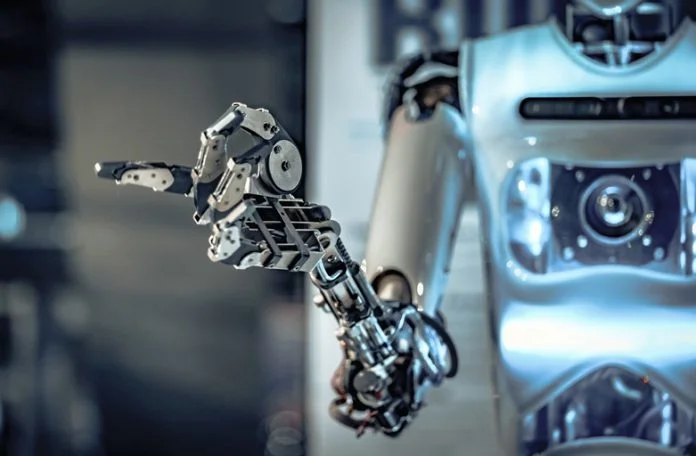Artificial Intelligence (AI), also known as machine learning and deep learning, has gained popularity over the past decade. The buzz probably will not die down over the coming years. It’s because of the expectations of the changes to business and society that AI has showcased (or, in some scenarios, threatens) to bring about go beyond anything dreamt of during previous technological revolutions.
Artificial Intelligence showcases a future where machines not only cover the entirety of physical work, as they’ve done since the Industrial Revolution, but also the “thinking” part, viz planning, strategizing, and making decisions.
Artificial Intelligence Predictions
In 2024, we have seen major world powers progressively putting up barricades to protect their national interests when it comes to trade and defense. It can be seen more clearly in the relationship between the world’s two superpowers, the US and China.
In reply to tariffs and export restrictions imposed by the US Government on goods and services used to create AI, China has intensified its efforts to become self-reliant in research and development.
Huawei, a Chinese tech manufacturer, announced plans to develop its own AI processing chips, thus minimizing the need for the country’s AI industry to bank on US manufacturers like Nvidia and Intel.
The adoption of AI across wider society, particularly when it involves dealing with human data, is hindered by the “black box problem.” As AI is used to power more high profile and public facing services, such as medical treatment, self-driving cars, or defence weaponry, questions have been raised about what’s going on under the hood. If people are putting their lives in the hands of AI-powered applications, then they would want the assurity on people understanding the working of technology and how it makes decisions.
In 2024, companies commenced getting a firmer grip on the activities of what they can and can’t do. They finally (after spending the previous few years researching) are getting their data in order and identifying areas where it could bring brisk rewards or fail fast. Big businesses are ready to move beyond with proven initiatives.
Rumours have it that AI will wipe the jobs and propel unemployment. On the contrary, Gartner has predicted that by the end of 2024, it will be creating more jobs than it’ll be taking.
Automation will approximately hinder 85 million jobs by 2025, while it will create 2.3 million with manufacturing in particular. Well, we’ll have to see for ourselves when the action unfolds.
While some experts are in accord about the benefits AI will provide, some doctors and academics are vigilant about the fact that we could be cruising in the direction of data-driven medical practices way too fast.
One common fear among academics is that people are expecting way too much of AI. According to Bundy, these expectations could potentially have drastic consequences for industries like healthcare. He said, “A medical diagnosis app, which is excellent at heart problems, might diagnose a cancer patient with some rare kind of heart problem, with potentially fatal results,”
AI assistants are actually designed to become increasingly efficient for understanding their human users, and with machine-learning, if exposed to more and more information, maybe they’ll learn how to master us?
Recommended For You:
What is Customer Analytics? Why is a Customer Analysis Important?

